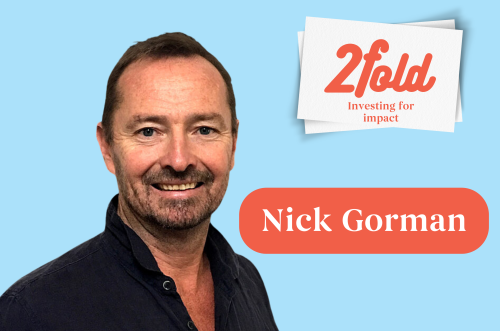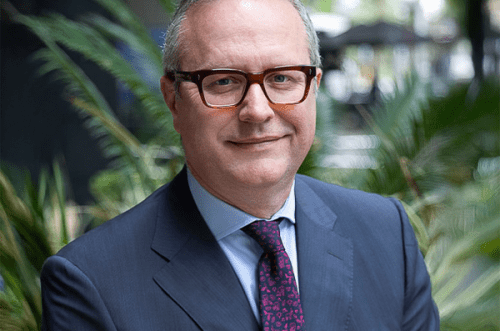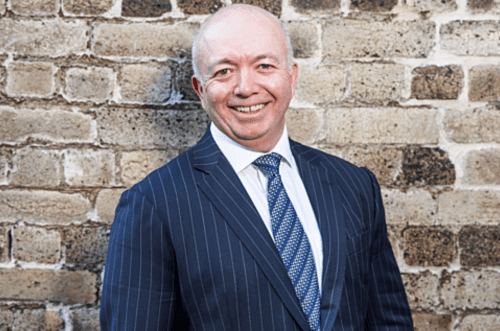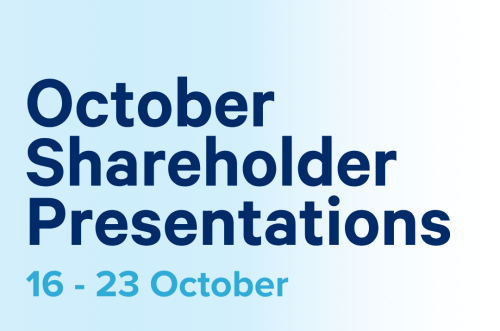Reporting season is underway in Australia. What are the main themes you expect to emerge? Who will be the winners and losers?
We expect a key thematic for reporting season will be how companies are managing rising costs in an environment of lower inflation and softening demand.
Many companies, especially consumer related companies, are likely to report “better than feared” results as consumer spending over the critical Christmas trading period was relatively robust, however in many cases share prices are already reflecting good news so stock price reactions will be interesting.
Focus will be on outlook commentary regarding cost management as the cost of doing business – especially labour – for many companies is still rising in an environment of softening demand. The winners will be the companies that can demonstrate both pricing power and cost control.
The Reserve Bank of Australia (RBA) recently held rates amid signs inflation eased in fourth quarter, but kept the door open to another rate rise. What are you expecting for the rest of the year?
We would be surprised to see another rate hike unless there was clear evidence of inflation significantly reaccelerating. Goods inflation is heading in the right direction, however, we expect services inflation to be a little stickier, hence we don’t see rate cuts imminent. We believe a likely scenario is rates remaining around where they currently are for most of this year with 2025 being the year of rate cuts.
More generally, what’s your outlook for the market over the next 1, 3 and 5 years?
The Australian share market has delivered 7% to 9% per annum on average over the past 30 years, with the emphasis being average, as returns can vary drastically one year to the next. We would expect the market to continue to deliver returns in this range over the long term, though perhaps at the bottom end of that range over the next 3 to 5 years if interest rates stay higher for longer. Regarding the outlook for 1 year, it is very difficult to time the market and we don’t have a crystal ball but given 2023 delivered an above average return of 12% (and all in the last 2 months of the year) and the economy is expected to soften in 2024, returns may be below the long term average this year. A lot will depend on the health of the economy and expectations around the timing of interest rate cuts.
Can you tell us a bit about your investment strategy?
The Sage investment strategy uses a combination of quantitative and fundamental stock selection approaches to produce a well diversified, style neutral portfolio of liquid Australian shares with 100 to 120 positions both long and short. A suite of sophisticated risk management tools are employed to ensure the portfolio is tightly risk controlled. A unique element of the strategy is our risk control using proprietary Sage Groups, which groups companies by how they tend to perform in different market conditions, which helps us control macroeconomic risks to produce a portfolio that can perform well no matter where we are in the market cycle.
You are one of the few high profile female fund managers in Australia. How have you succeeded and what can the industry do differently to attract a more diverse workforce?
Natural curiosity, being comfortable in a fast paced work environment, ability to identify important information versus noise and remaining calm and rational in volatile markets is important for a career in funds management. The funds management industry offers fantastic career paths, however the job of a fund manager isn’t as well known or understood as the more typical titles of “investment banker” or “stockbroker”. Raising the profile of funds management as a career to university students would be helpful to create a larger more diverse pipeline of students interested in the entering the industry. I also think some change in schools could be helpful. For example both of my children studied the subject commerce in high school. My son went to an all boys school where the commerce project focused on building a share portfolio. My daughter went to an all girls school and the commerce project focused on organising a coffee cart for the mothers morning tea. My daughter would have found building a share portfolio much more interesting!








